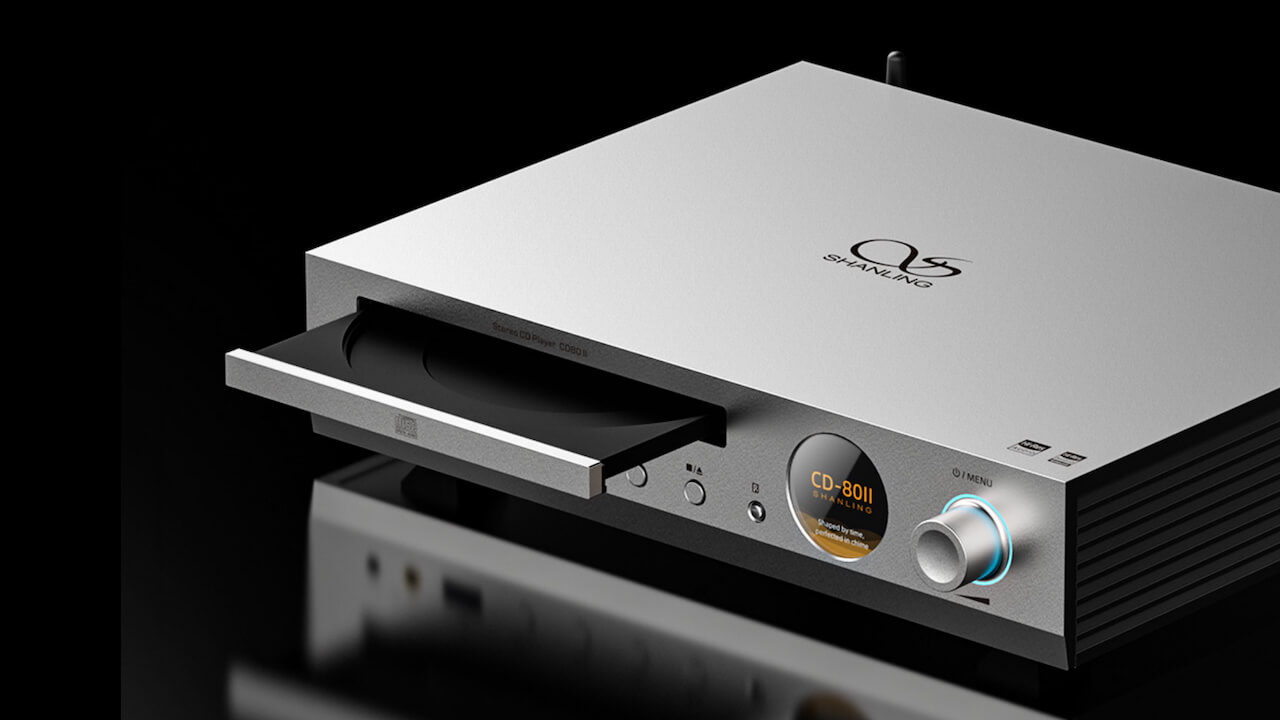What You Need to Know About D.C. Code § 7-2507.05 As we have previously discussed, Washington, D.C. has some of the strictest gun laws in the country. If you or someone you know is in possession of an unregistered or illegal firearm, destructive device, or ammunition, the fear of prosecution may prevent taking action. But […]
What You Need to Know About D.C. Code § 7-2507.05
As we have previously discussed, Washington, D.C. has some of the strictest gun laws in the country. If you or someone you know is in possession of an unregistered or illegal firearm, destructive device, or ammunition, the fear of prosecution may prevent taking action. But under D.C. Code § 7-2507.05, there is a safe and legal way to surrender these items without facing criminal charges — if done correctly.
This blog post explains what this law allows, how it works, and why working with a qualified criminal defense attorney can help protect your rights during the process.
What Is D.C. Code § 7-2507.05?
This section of the D.C. Code provides that any person may voluntarily surrender a firearm, destructive device, or ammunition to the Chief of Police. If done in compliance with the statute, the individual is granted immunity from prosecution for illegal possession at the time of surrender.
However, this immunity is limited. It only applies to the act of possessing the firearm at the time of surrender. It does not protect against:
- Prior use of the firearm in a crime
- Other unrelated criminal activity
- Possession after the surrender process
Its also important to note that the law does not prohibit MPD officers from having their body-worn camera turned on during the surrender. That means its likely your likeness will be captured on video during the incident. This fact, however, does not change the grant of immunity during the surrender.
Why Would Someone Voluntarily Surrender a Gun?
People end up with illegal firearms in a variety of ways:
- Inheriting a weapon from a deceased relative
- Discovering a gun in an abandoned property
- Holding onto an unregistered weapon acquired years ago
- Moving to the District and forgetting to register the firearm immediately after bringing it into the District as required by statute
Whether you’re trying to comply with the law or simply no longer feel safe having a gun in your possession, this statute offers a path to do the right thing without facing arrest.
Who Can Surrender a Firearm Under This Law?
Anyone in physical possession of an unregistered or illegal firearm, ammunition, or destructive device may voluntarily surrender it to the Chief of Police. However, the surrender must be:
- Truly voluntary (not part of an arrest or investigation)
- Coordinated in advance with law enforcement to ensure safe handling
- Executed according to procedures designed to maintain public and officer safety
The last thing you want to do is show up at a police station unexpectedly and walk in and tell the station clerk you have a firearm. Having orchestrated several of these surrenders for clients, we can tell you many of the desk officers do not know about this law even though information about it is on MPD’s own website.
How the Voluntary Surrender Process Works in D.C.
To safely and legally surrender a firearm in Washington, D.C., follow these steps:
- Do not walk into a police station unannounced with a weapon.
- Contact the Metropolitan Police Department (MPD) or have your attorney reach out on your behalf. Do not answer any questions about your identity if you call directly.
- Arrange a time and location for surrender.
- Transport the firearm securely, following MPD guidance, which typically includes putting it unloaded in a locked container and transporting it in a vehicle trunk.
- Confirm that you are surrendering voluntarily under D.C. Code § 7-2507.05.
- Retain proof of surrender, such as a signed receipt or documentation from MPD.
What Does “Immunity from Prosecution” Really Mean?
Immunity under this law is narrow but important. It protects you from being charged solely for possessing the firearm at the time of surrender. However, you could still face charges if:
- The weapon is linked to a prior crime
- You were in illegal possession outside the time of surrender
- Other illegal conduct occurred during the surrender (e.g., brandishing the weapon)
This is why consulting a criminal defense attorney before surrendering the weapon is strongly recommended. In addition, its important that you make a record that your intent is to “clearly and unequivocally surrender and abandon” any unregistered firearm and/or ammunition. We typically do that on behalf of clients by emailing the Firearms Branch moments before the client leaves for the station so that there is a time-stamped email documenting the client’s intent without revealing the client’s identity. This step is important just in case the person surrendering is stopped prior to reaching the station for any reason like a traffic stop or otherwise.
Common Questions About Voluntary Firearm Surrender in D.C.
Can I send someone else to surrender the firearm for me?
No. The immunity only applies to the person in possession of the weapon at the time of surrender.
Will the gun be tested or traced?
Yes. MPD will determine whether the firearm has evidentiary value (e.g., if it was used in a crime). That means the firearm will initially be sent to the Department of Forensic Sciences for tracing.
Can I get the gun back later?
No. Once surrendered under this statute, the firearm becomes property of the District government and is not returnable.
Why Contact a Lawyer Before Surrendering a Gun?
Although D.C. Code § 7-2507.05 offers legal protection, the process is not risk-free. If the firearm is linked to a crime or if you fail to follow the proper steps, you could still face legal exposure.
A knowledgeable defense attorney can:
- Contact MPD on your behalf
- Arrange a safe and documented surrender
- Help you avoid missteps that could result in charges
Need Help Surrendering a Firearm in D.C.?
At Scrofano Law PC, we’ve helped many individuals safely and legally surrender firearms while protecting their rights. If you or someone you know is holding onto an illegal or unregistered gun, don’t take the risk of doing it alone.
Contact us today for a confidential consultation. We’ll walk you through the process, talk to MPD on your behalf, and ensure your rights are fully protected.
Call 202-831-9926 or fill out our secure contact form to get started with an initial case evaluation today.








